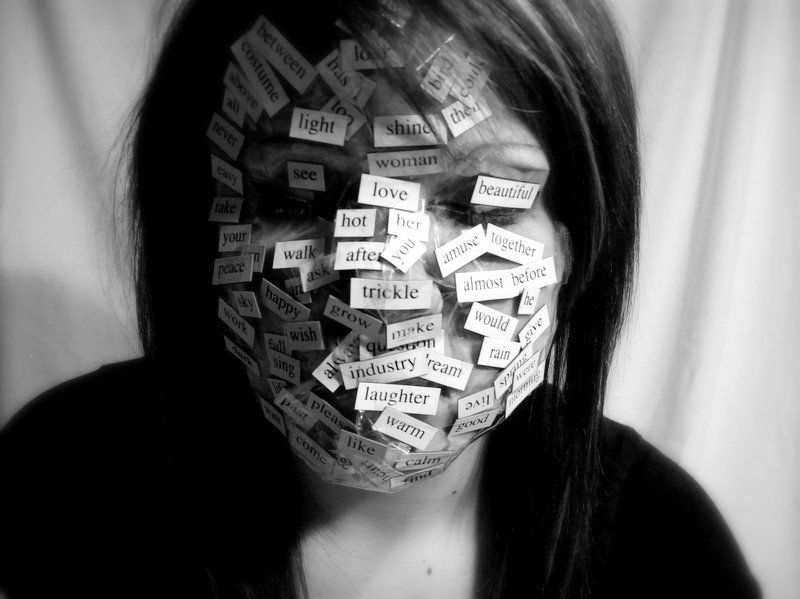BY: QUENTIN STUCKEY
Twitter, Instagram, Facebook, Tumblr and essentially all forms of social media are loaded with content. Content that is so diverse and unique, one can find different perspectives on any subject area. In today’s world, mental and psychological disorders are frequently discussed very openly on these online platforms. On one hand, we have the annual Bell: Let’s Talk day which promotes the open conversation of mental health, gradually lifting that stigmatization.
But there’s another conversation surrounding mental health that is often left unexplored or simply ignored: the romanticizing of such conditions as depression, suicide, anxiety, abuse and eating disorders. Just scroll through Twitter and you’ll find dozens of accounts promoting “dark poetry” or “depression tweets.” Books like “Fifty Shades of Grey” or songs by Cruel Youth and Lana Del Ray only make real issues like domestic violence and depression seem “artistic” or “romantic.” As if the best form of creative expression can only be produced under psychologically damaging circumstances, i.e. “the tortured, lonely artist.”

Green openly discussed his past struggles with depression with Refinery29. He described his crippling inability to get out of bed each morning and how this impacted the quality of his writing, as opposed to enhancing it. “You can be sane and be an artist…if you are sick, getting help – although it is hard and exhausting and inexcusably difficult to access – will not make you less of an artist,” he said. Green is arguably one of the most well known and successful writers of the present generation, and yet he is not associated (nor does he wish to be) with the idea that “creativity is enhanced by mental illness” or the idea that “mental health disorders can be glamourous.”

It’s unfair to lose exceptional artists because their psychological problems aren’t professionally treated but glorified. It’s also unfair to view domestic abuse, depression and anxiety in an overly artistic light. Romanticizing mental health is to further stigmatize it. It’s time we took it more seriously. Keep the conversation going.


